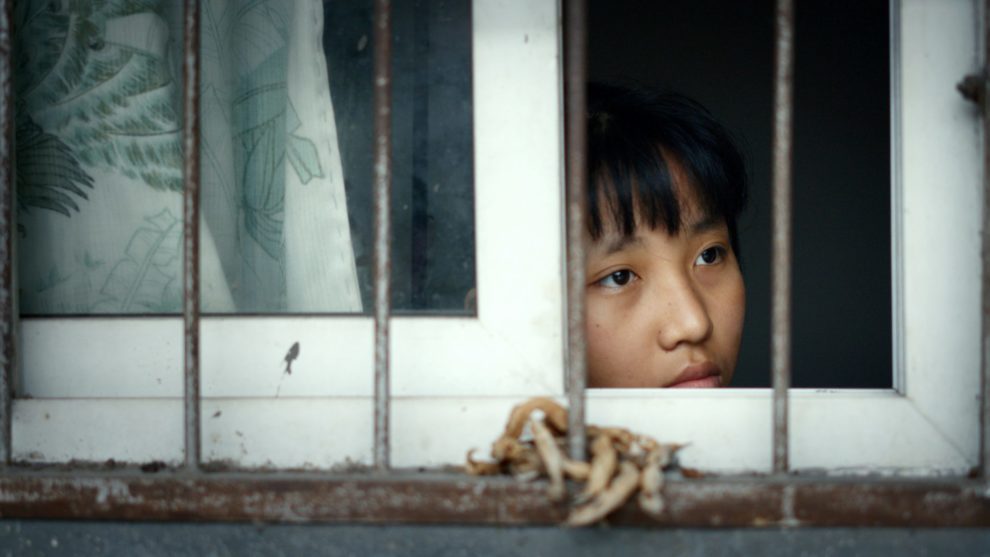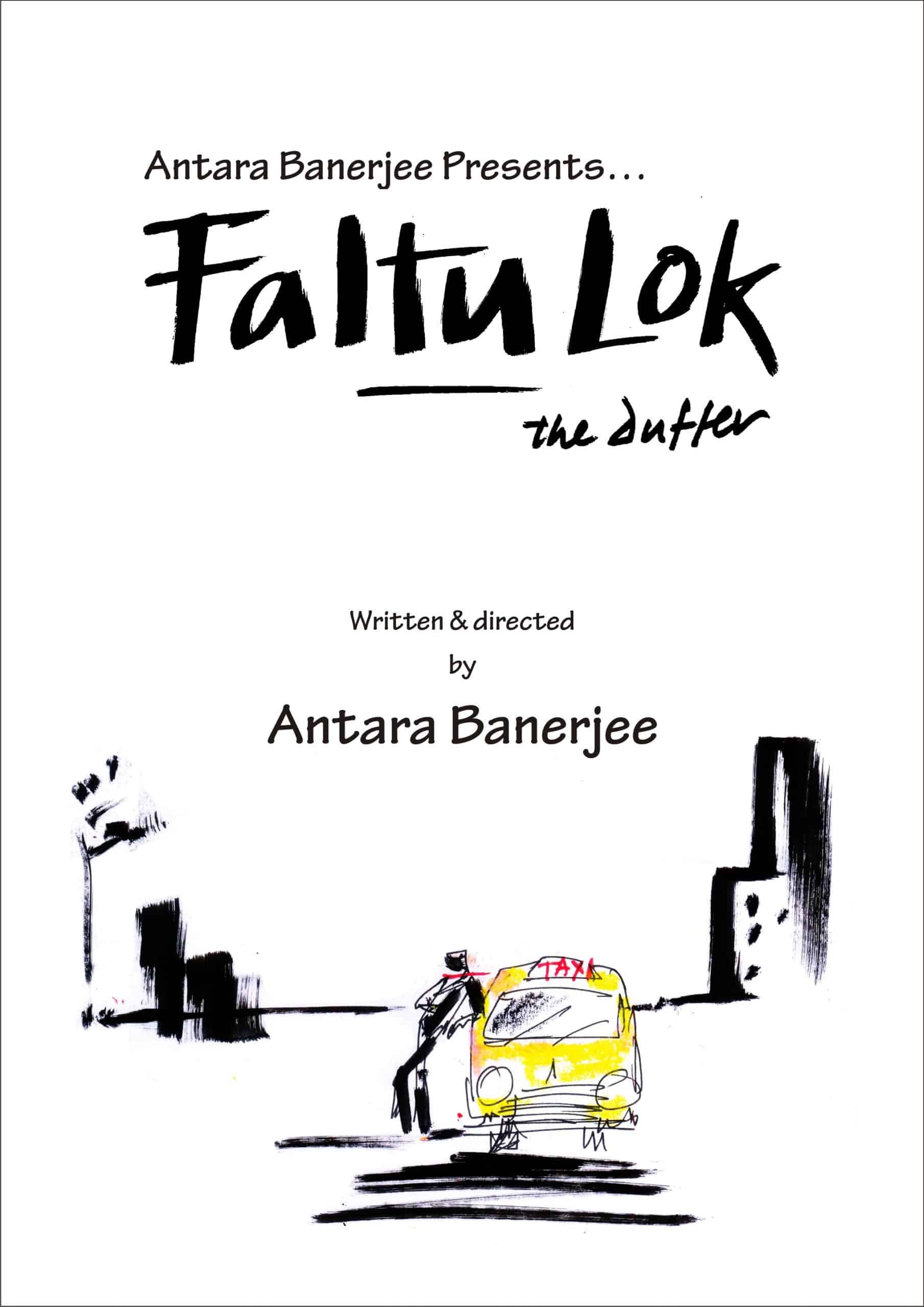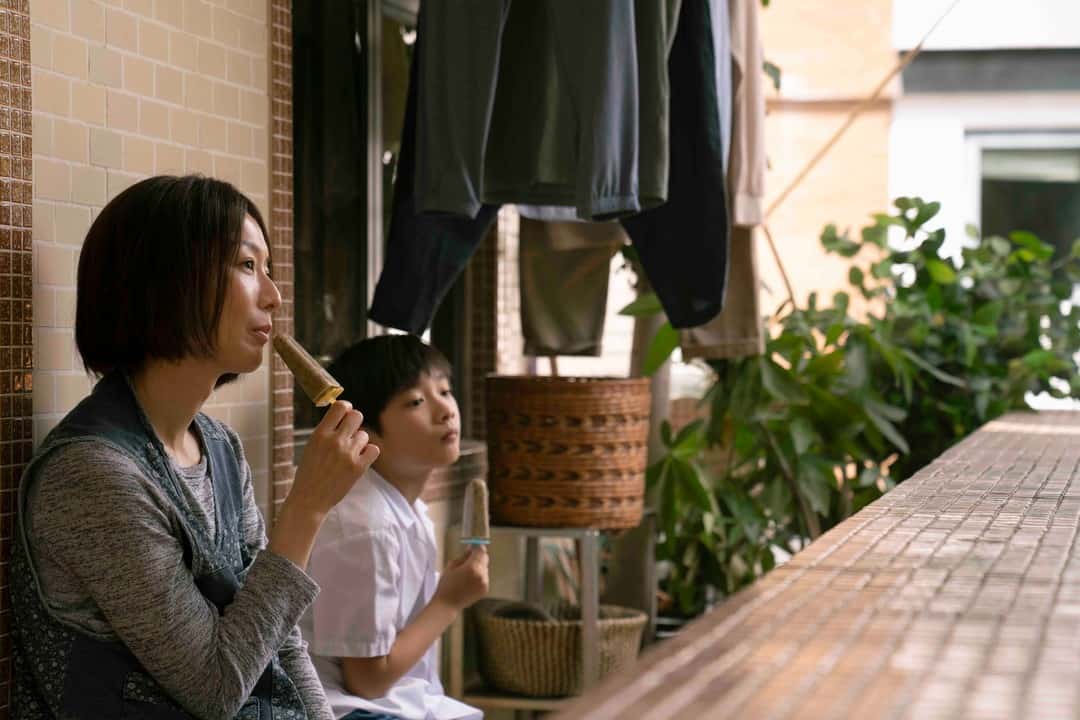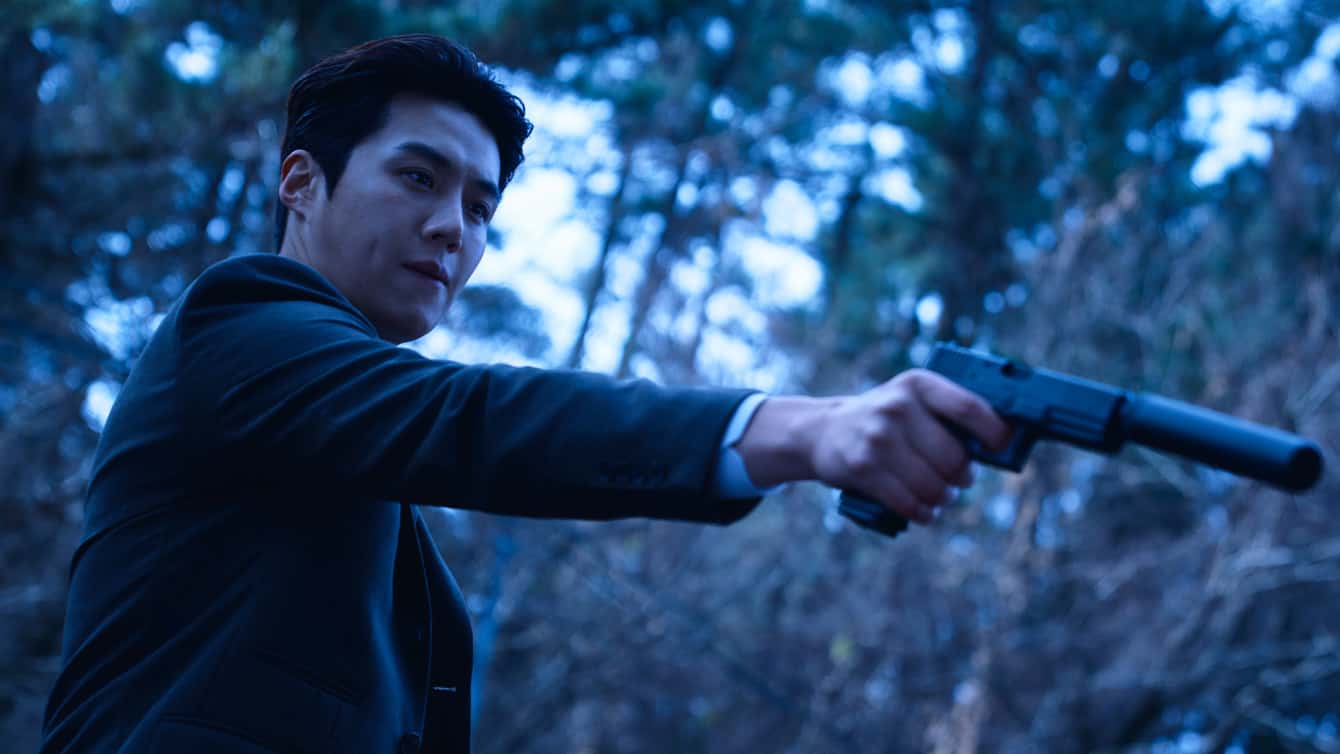“After the Rain” is the second part of a documentary trilogy by Fan Jian about the devastating earthquake in Sichuan province from 2008. In it, the director follows the lives of two couples, Sheng and Mei, and Ying and Ping, who have lost their daughters in the earthquake.
“After the Rain” is screening at the San Diego Asian Film Festival

The opening scenes of Fan Jian's documentary focus briefly on the rebuilding of the city after the catastrophic event of May 12. We can hear the sound of construction in the background while Sheng and Mei walk through the destroyed city with a bag of their daughter's clothes. Shots of them throwing the clothes in the river are intercut with the bustling construction around them.
But rebuilding people's lives, especially that of those who have lost a child, is much more complicated. Though the government lifts the terrible one child policy for the bereaved families in Sichuan, not all can conceive. The clinics are full of couples trying in-vitro fertilization. In one such clinic, Mei and Sheng meet Ping and Ying, another family that has lost their teenage daughter in the catastrophe. The two sit, watching and rewatching the videos their daughter has made on her phone, wishing that she had been in front of the camera. Naturally, the two families become friends.

The procedure proves unsuccessful, but later Mei conceives naturally. Contrary to Chinese culture, the family wants a girl, and Sheng gets very unhappy when he learns that he is going to have a boy, Chuan. There might be many reasons for that, but probably the biggest one is that he blames himself for the death of his beloved daughter. Even his new best friend cannot change his mind.
Six years later, Sheng's dislike of his sickly son has only grown stronger. He doesn't want to spend any money or time for his son, treating him like a nuisance. The boy uses too much toilet paper to blow his nose, is too weak, or simply looks pathetic in his father's eyes. This causes many fights between Sheng and Mei. They end all end the same way. The husband says something terrible like “I couldn't be with her, why should I be with him?” and storms out to smoke. Chuan never reacts. He probably has heard it many times. Fan Jian's camera observes quietly.
Mei loves Chuan for the same reason Sheng hates the small boy, he is like his sister. The mother even goes as far as to say that she dressed him like a girl when he was a baby and holds his arm when they sleep at night. His chubby arm is exactly like that of her dead daughter. The mother never fails to remind him that he is alive only because his sister died. Her framed photograph, visible in almost every scene in the family's house, does the same.
Ying and Ping's second daughter, Ran, is with her parents only because her sister is not among the living anymore. Much older than Chuan, she was sent to live with relatives before the earthquake because her parents couldn't afford the fine for having a second child. Only after their first died, they brought their daughter back. Naturally, the teenager feels abandoned and unwanted, she also seems to blame her parents silently and worry that they might throw her away again. She shares the same detached and tortured expression that the seven year old Chuan has mastered.
Usually, children of bereaved parents are spoiled rotten. That is because the parents want to do more for them, fix everything they have done wrong in the past. In the case of Chuan and Ranran, the opposite is true. The children are always made aware that they exist or are with their parents simply because their elder siblings have died. They are also always compared to their idealized dead siblings and constantly made aware that they are not worthy enough. That is something terrible to hear and something no one should have to experience. By the time the movie ends, we can't but feel for the children and hope for their parents to finally let go and move on.














